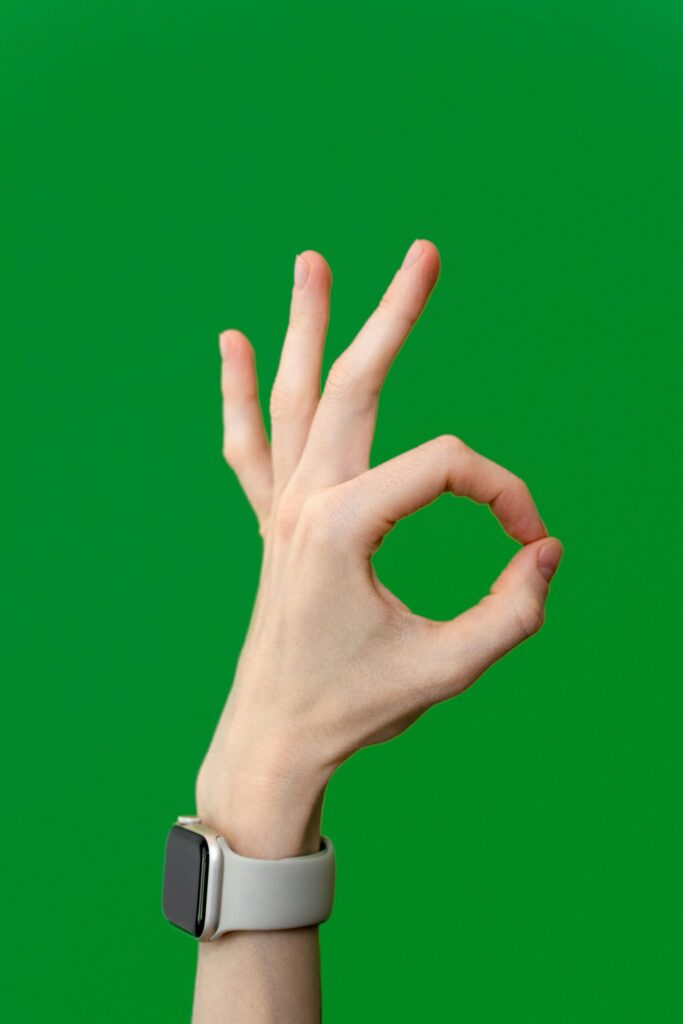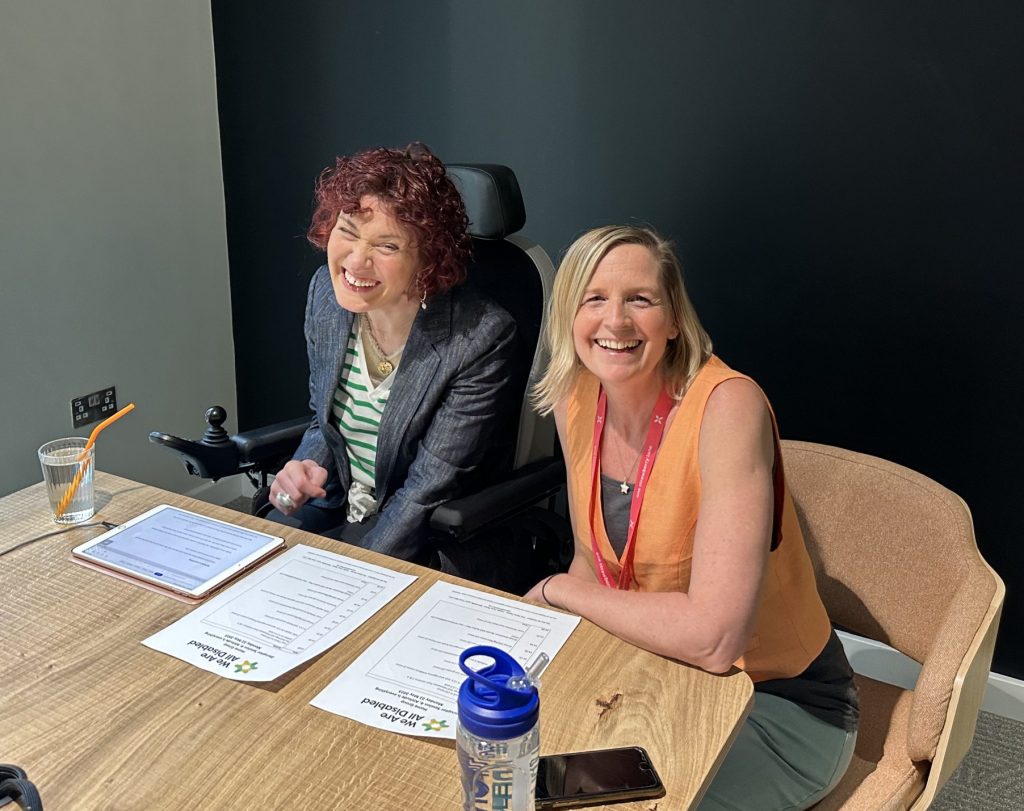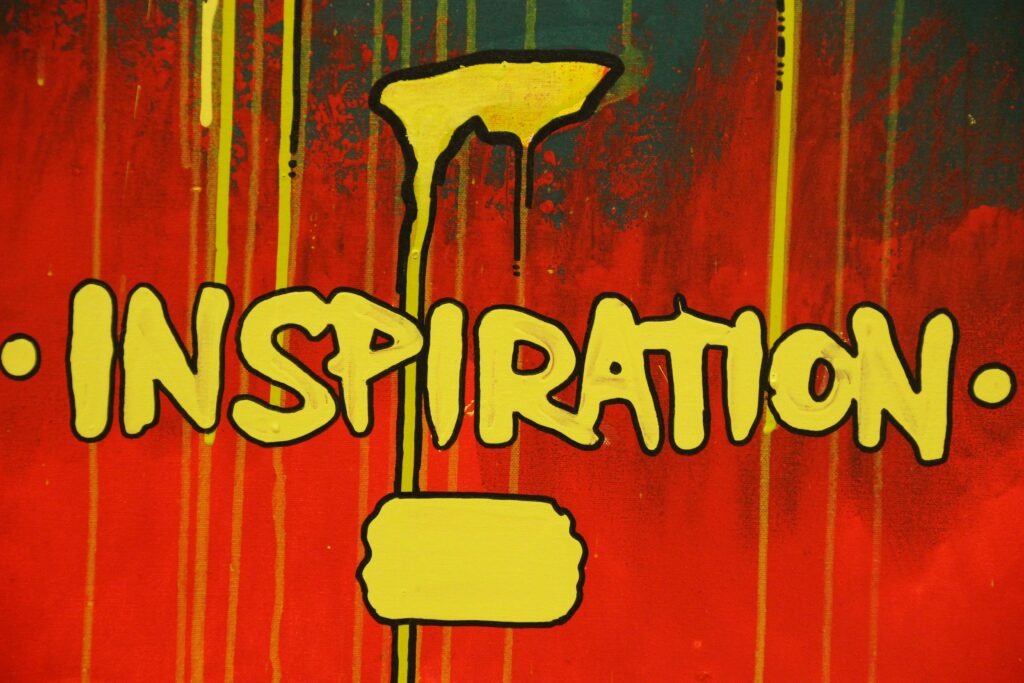In my work as a public speaker and as Managing Director of We Are All Disabled, I am finding language an increasingly interesting and important topic. When it comes to connecting and communicating, the way people talk to or about disabled people has a huge impact on the way that they are perceived.
My disability is visible and often this impacts on the way people communicate with me. Nothing ever surprises me about people’s perceptions of disability! When I’m out, people will often say ‘let the wheelchair through’ instead of referring to me as a wheelchair user or even just a person. Or when I’m in a restaurant or a cafe, the waiting staff might say “what would she like to drink?” instead of addressing me directly.
I was born with cerebral palsy so I do not think of it as a ‘bad thing’ but rather a normal part of my life. However, the way in which people communicate with me and the comments they make can cause me to feel inadequate because they insinuate that my disability is abnormal and a tragedy. This behaviour reveals the general ‘medical model’ assumption that I am less capable than someone without impairment.
The eminent Professor of Inclusive Education, Len Barton suggests “The way that disability is defined is vital, the language people use to describe disabled people will influence their expectations and interactions with them” (Barton, 2009).
The research I’ve conducted both for my PhD and with We Are All Disabled, found that people tend to feel awkward around disability and disabled people. For some people their perceptions of disability are so ingrained in them that they automatically speak or behave in a certain way without considering the impact it may have. For others they experience anxiety when faced with trying to communicate effectively with disabled people for fear of saying or doing the wrong thing, which ultimately could cause offence.
The ability to communicate both with confidence and empathy is not something that comes naturally to most of us and for many people this is something they really struggle with. I believe this must be explored and challenged in order to change perceptions of disability and to create a more inclusive society where everyone is accepted for who they are no matter what their ability.
Having said that, I admit myself that it can be a minefield. Even knowing whether to use the term ‘disabled person’ or ‘person with disabilities’ can be problematic.
For those of you are regular readers of my blog, you may have noticed that I use the term ‘disabled people’ rather than ‘people with impairment’ or ‘people with disabilities’. This is because the use of ‘person with disability’ focuses on the individual, and may fail to encapsulate the social factors that surround disability.
I do support the academic Colin Cameron’s (2014) ‘person first’ argument of appropriate use of language in putting ‘people’ at the front of the phrase, which denotes the human rights of disabled people. However, in my doctoral thesis I refrained from the use of the term ‘person with a disability’ even though it might seem appropriate when considering individual experiences because it emphasises the impairment over the individual’s experiences.
In my research I felt it was more appropriate to acknowledge Leah Cameron’s argument that what is classified as a disability depends largely on social attitudes and having a disability has significant impacts on a persons’ life, not all of which are negative (Cameron, 2018).
Of course it is important to acknowledge that disabled people have diverse experiences, some of which may be similar, but no single experience of disability can in any way stand in for all disabled individuals.
Ultimately I believe it is up to the individual person as to whether they choose to be described as a disabled person or a person with a disability, however it does demonstrate the complexities and challenges around appropriate and effective use of language.
It’s a topic that we are exploring as part of the We Are All Disabled ‘Disruptor’ programme, working with organisations to create safe and supportive spaces to open up conversations around disability. If you are interested in taking part or would like to find out more then please get in touch.
Barton, L. (2009) Disability, Physical Education and Sport: Some Critical Observations and Questions. In H. Fitzgerald (Ed.), Disability and Youth Sport. New York: Routledge.
Cameron, C. (2014) The Affirmation Model. In Disability Studies: A Student’s Guide. London: SAGE.
Cameron, L. N. (2018) Inspiring or Perpetuating Stereotypes?: The Complicated Case of Disability as Inspiration [Online] [Text]. Carleton University. Available from: <https://curve.carleton.ca/b9a7cfb6-2216-44bf-b970-a33aaa0983fe> [Accessed 22 November 2018].
Photo by Nick Fewings https://unsplash.com/@jannerboy62









